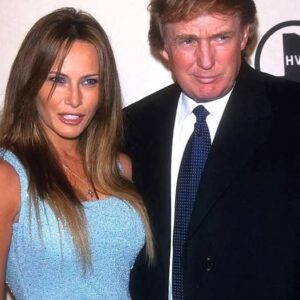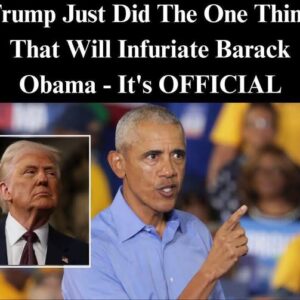Apple Faces Pressure Over iPhone Manufacturing Plans as Tariff Concerns Grow
Apple is once again under the spotlight as shifting global manufacturing strategies and rising tariffs begin to raise questions about the future cost of its devices in the U.S.
Recently, Apple confirmed that it is increasing production in India and Vietnam for several of its flagship products, including iPhones, iPads, Macs, and Apple Watches. The decision comes amid mounting international trade tensions and the company’s ongoing efforts to reduce reliance on Chinese manufacturing.
CEO Tim Cook stated that Apple had invested significantly to diversify its production base. However, the changes are not without challenges. The company estimates that new tariffs could increase costs by as much as $900 million in the second quarter of the year alone.
This development has drawn attention from U.S. leadership. President Donald Trump, who has emphasized domestic production throughout his administration, posted on Truth Social that he expects iPhones sold in the U.S. to be made domestically. He warned that a 25% tariff could be imposed on Apple products manufactured outside the country.
Apple’s plan to shift production to India is seen as a long-term strategic move, but analysts are warning of potential consequences. Jacob Bourne, a senior analyst at Emarketer, noted that “execution timeline, capacity limits, and associated costs could lead to higher prices for consumers or reduced margins for the company.”
Dan Ives, a tech analyst at Wedbush Securities, echoed those concerns, suggesting that future iPhones could see significant price hikes. He projected that upcoming models could cost as much as $3,500—nearly triple the price of the current top-tier iPhone 16 Pro Max, which retails for $1,199.
While no final decisions have been made regarding tariffs, the situation continues to develop as Apple navigates manufacturing shifts, trade pressures, and market expectations.
Apple has not yet issued a formal statement in response to the recent comments or potential tariff changes.





